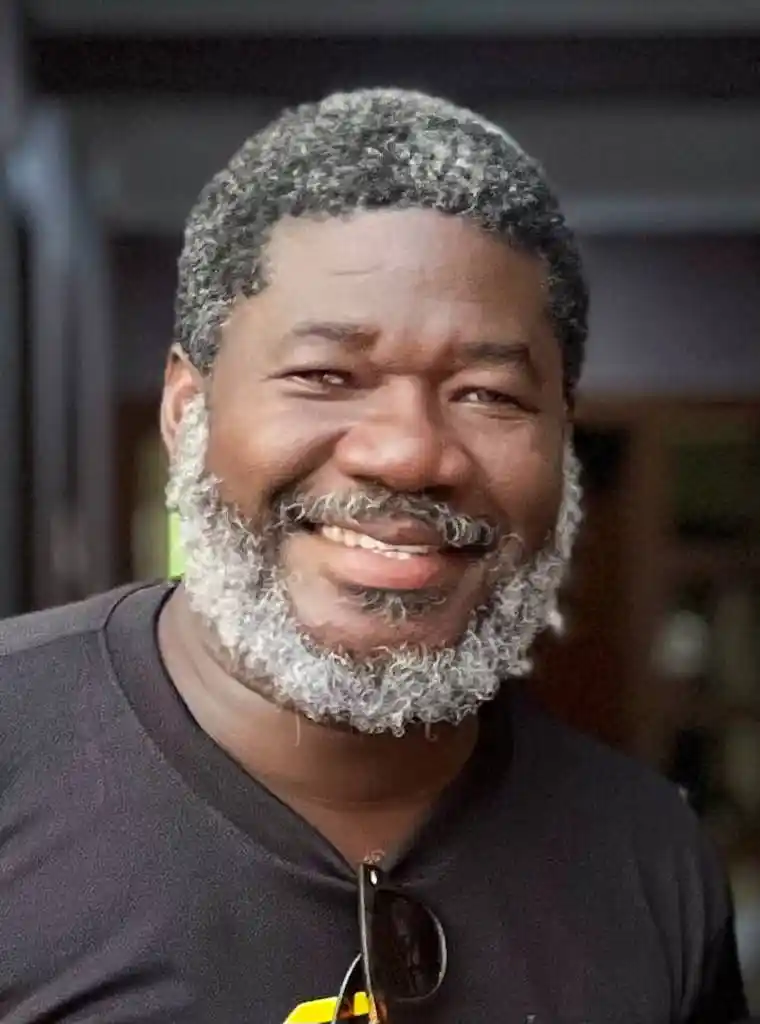Copyright thenewcrusadingguideonline

Under the bright lights of panel shows and glossy reports, the global waste crisis is often sold as an industry of goodwill. New recycling bins are applauded. Sorting plants are celebrated. Experts nod. All the applause leaves one truth untouched. Stop making what will become waste. Move efforts up the waste hierarchy. Prevention and reuse matter more than ever. Producing less is not a passive virtue. It is an active demand for far less environmental harm and social injustice. A product that cannot be refilled, repaired, or returned is not neutral. It carries its fate forward, and all too often that fate is dumped on communities least able to pay. That transfer of fate is an ethical failure disguised as progress. We live by a moral grammar where less consumption means less damage. Yet convenience has become the highest value of our age, outranking permanence and responsibility. Manufacturers chasing quarterly profits fill our lives with disposables and normalize infinite consumption. Power must shift from firms built on one-time use to the public and policymakers who insist on lasting value. This is not a call for scarcity. It is a refusal to treat convenience as destiny. Hidden costs demolish the cheapness claim. Industry defends single-use by saying it is cheaper or safer than reusables. Honest accounting shows otherwise. Every plastic bottle and polystyrene cup carries invisible debts: the greenhouse gases from drilling and refining oil, the toxic runoff from mining, the health burdens borne by communities downstream, and the precarious work of informal waste pickers. These workers keep cities functioning and prevent carbon from escaping into the atmosphere. Yet they often face low pay, dangerous conditions, and little support. They deserve living wages, safety, and respect, not anonymity. Hygiene can be designed, not bought. Reusable systems must include strict cleaning protocols, and they do. Reusable-cup schemes require thorough washing and sanitizing. Countries that mandate that cafes offer reusable containers show refill systems can be safe and scalable. The obstacle is not germs. It is fear of change and a preference for the easy headline. Meet the concerns with standards and practices, not default to single use. The roots of our throwaway culture are structural. Globalized supply chains send goods halfway around the world only for them to end up in landfills. Hyper-consumerism equates newness with progress. Corporate strategies lock products into obsolescence. Fixing this will take more than new technology. It will take bold policy and a culture that values durability. Policy must stop praising recycling as if it were the end of the story. Counting recycled tons sends producers a dangerous message: design waste into products and rely on a downstream fix. Measure success by what never becomes waste. Imagine revenue-neutral taxes on virgin resource extraction or rising fees for single-use packaging when collection fails. Extended Producer Responsibility laws that make manufacturers fund end-of-life management can force companies to internalize disposal costs or run take-back programs. These measures change behavior where it matters most. Proven tools exist. Deposit-return systems, where small refundable fees are charged and returned on the container, recover a high share of bottles. A modest levy on single-use bags cut per-person use dramatically and cleaned streets and beaches. When governments demand refillable packaging for public institutions, entire supply chains adapt quickly. Innovation helps. Start-ups and established companies are producing biodegradable materials, modular products built to be repaired, and service models that lend and reuse goods. Converting a portion of disposable packaging into durable, reusable formats could significantly reduce plastic leakage to the ocean and create economic opportunities. Longevity can be profitable. Equity must guide this shift. We cannot let zero-waste options become privileges for the well-off. Every neighborhood should have affordable refill stores, safe repair shops, and shared reusables. Scaling refill networks, expanding deposit-return infrastructure, and supporting local repair initiatives are logistics challenges with solutions. These efforts need public will and private sector adaptation. Trials in cities show rapid adoption is possible. When communities see real gains, people want programs to continue. What angers me most is the performance of urgency that spares real change. Photo-ops at beaches and hurried recycling drives make good press. Redesigning supply chains and products does not. It invites uncomfortable debate and demands industry accountability. Let that discomfort drive reform. Industry and government must answer hard questions. Why was convenience the default instead of care? Who profited from throwaway goods and who pays those costs now? Public forums should start by asking which products should never have been made in their current form. Elected officials should demand transparency in material flows so citizens can see the scale of tolerated harm. Reward absence. Celebrate the tons that never entered the waste stream because of a tax, a law, or a new procurement rule. Prevention beats cure. It is cheaper, fairer, cleaner, and healthier. It spares wildlife from plastic entanglement and children from microplastics in their blood. Markets must reward return, repair, and refill at every level. Make reuse the default for inclusion, resilience, and justice. Let this generation be remembered not for the mountains of trash we left behind, but for the infrastructure we built to stop them before they started. Acta non verba .By: Richard Dablah, Managing Partner at BOLABIRD LLC www.bolabird.com and Partner at Arrow Green Ecology (GH) LTD, is an ecopreneur and urban eco-alchemist who turns waste into value.



